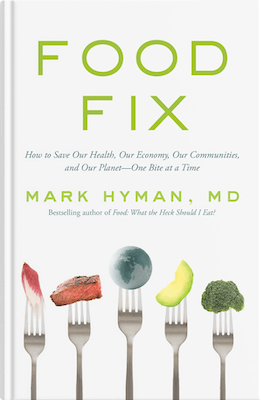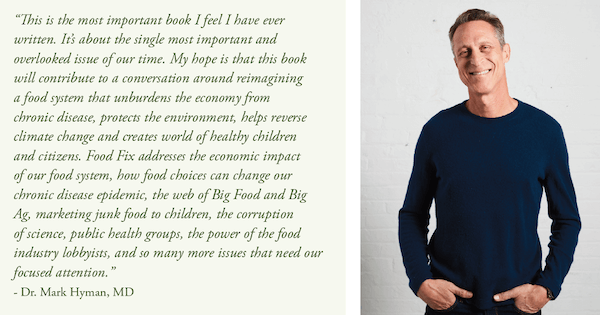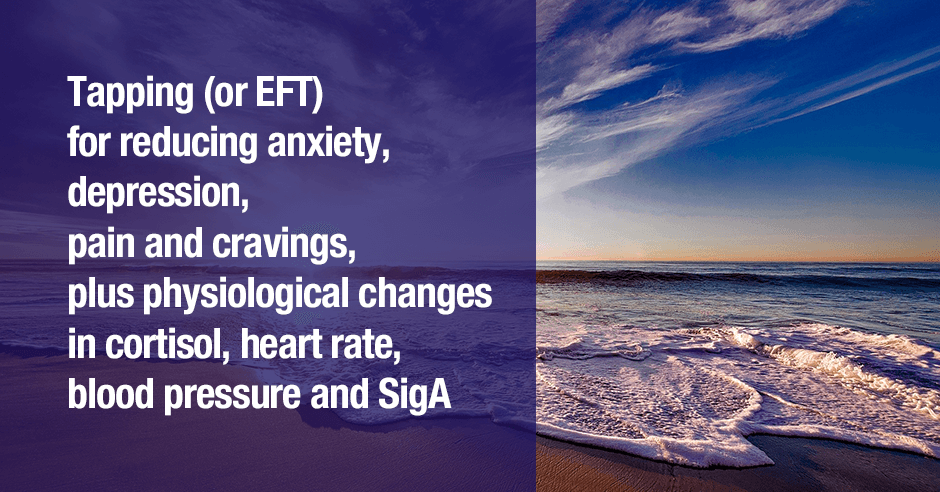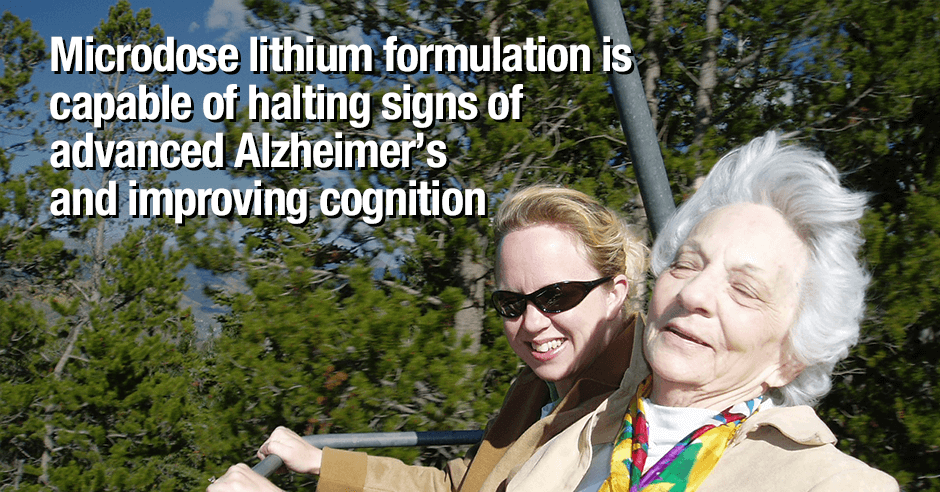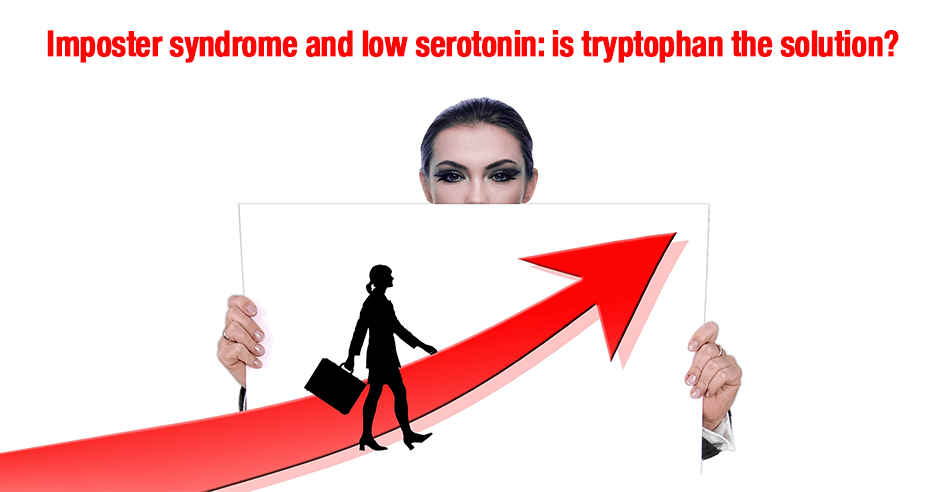
No-one is talking about the biochemical and low serotonin aspect of imposter syndrome and the role tryptophan plays. This really does need to be part of the discussion and part of the solution.
In case you aren’t familiar with the term imposter syndrome, many of my clients who appear to have very successful careers will say to me … “I feel like I’m an imposter. They’re going to catch me out at what I’m doing. I’m not really as good as everyone thinks I am.” Perhaps you can relate to this? You just don’t feel that you’re good enough – you’re faking it until you make it and putting on a brave face.
I can relate to all this personally. I had a very successful corporate job in my late 30s and I started to feel sure I was useless and that I was going to lose my job. Then the dreadful perimenopausal symptoms and anxiety and panic attacks started. And then I figured out it was low serotonin and hormone imbalances (and a number of other root causes that factored in to all this – I list many typical root causes below).
Valerie Young’s excellent book, The Secret Thoughts of Successful Women: Why Capable People Suffer from the Impostor Syndrome and How to Thrive in Spite of It, [my Amazon link] has created the awareness we need and offers so much in terms of recognizing the way imposter syndrome manifests in our lives. She shares these examples which you may also resonate with:
From the high-achieving Ph.D. candidate convinced she’s only been admitted to the program because of a clerical error to the senior executive who worries others will find out she’s in way over her head, a shocking number of accomplished women in all career paths and at every level feel as though they are faking it – impostors in their own lives and careers.
This article in Harvard Business Review, Overcoming Imposter Syndrome, states
Imposter syndrome can be defined as a collection of feelings of inadequacy that persist despite evident success. ‘Imposters’ suffer from chronic self-doubt and a sense of intellectual fraudulence that override any feelings of success or external proof of their competence.
The article mentions phrases such as “I must not fail”, “I feel like a fake” and “it’s all down to luck”, offering these tools: recognise the imposter feelings, reframe, talk about how you feel, be kind to yourself, visualize success and seek support.
This is all great advice but it’s hard work when you’re already struggling. And what if there was a simple solution that involved addressing low serotonin with an amino acid supplement such as tryptophan or 5-HTP?
How you will feel if your serotonin is low
If your serotonin is low you WILL feel like this: plenty of self-doubt, lack of confidence and negative self talk. It’s common to feel anxious and inadequate, have ruminating thoughts, do lots of reprocessing and overthinking, and be a perfectionist (you may get stuck because of the perfectionism and overthinking things). This often occurs together with carb cravings (especially late afternoon and evening), PMS/perimenopausal/menopausal symptoms. Insomnia is common and this is when much of the ruminations and negative self-talk occurs.
There is a very simple solution. Figure out if low serotonin is the issue and address it with tryptophan or 5-HTP. Using co-factors like zinc, vitamin B6, iron, magnesium, and diet and lifestyle changes may be necessary too.
Why is serotonin low (and address the root causes)
You also need to figure out why serotonin is low and address this. Low serotonin may be caused by many factors such as:
- dysbiosis and a messed up microbiome (we make so much serotonin in the gut)
- stress and the adrenals (cortisol affects your sex hormone production)
- the birth control pill (which lowers zinc and vitamin B6, both of which are needed for serotonin production)
- gluten issues (leading to low serotonin and other nutritional deficiencies)
- not consuming enough quality animal protein (amino acids are the building blocks of our neurotransmitters, and grass fed red meat provides zinc, iron and omega-3s – all needed to make serotonin)
- low stomach acid (meaning you can’t digest the protein you’re consuming)
- sex hormone imbalances (serotonin and estrogen are very closely linked)
- liver issues (affecting how you process xenoestrogens)
- low bile production (so you’re not digesting the healthy fats you’re eating)
- statins (leading to cholesterol that is too low)
- not getting enough exercise, sunshine or nature
- mold exposure
- heavy metal toxicity
- Lyme disease and other co-infections
- and more
I’ve poured through the research on imposter syndrome and there is no mention of serotonin. A few articles – like this one in Forbes, Why You Need To Understand The Neuroscience Of Imposter Syndrome – mention serotonin but not tryptophan (or 5-HTP) or any of the above approaches for raising serotonin (other than exercise).
However, clinically we see all the signs of imposter syndrome disappear once low serotonin is addressed.
Imposter syndrome and low serotonin? Have you made the connection and can you relate?
Please comment below if imposter syndrome resonates with you so we can all learn from each other. I’d love to hear:
- how imposter syndrome shows up in your life and how you’d describe it to your best friend?
- when do you feel like this – at work, all the time (work and home life) or only certain situations?
- are these new feelings and if yes when did they start? or have you always felt like this?
- what type of job do you have? or are you an entrepreneur?
- have you sought help for imposter syndrome and what has helped?
- are you surprised to learn there is a biochemical aspect and nutritional solutions?
- what other low serotonin symptoms do you have?
- have you used tryptophan (or 5-HTP) for other low serotonin symptoms (like anxiety, ruminations, insomnia etc) and then realized that imposter syndrome is not longer an issue for you?
- have you figured out and addressed some of the root causes of your low serotonin?
(if you feel more comfortable sharing some of this anonymously feel free to use a nickname when commenting – I’m aware that there is a stigma to admitting this in the corporate world)
Feel free to post your questions too.
